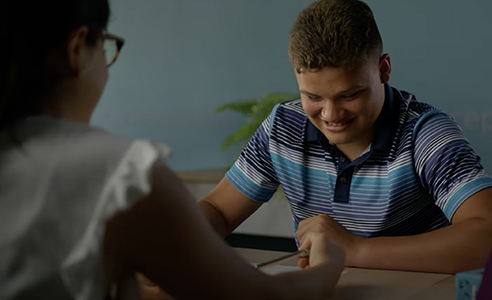Getting a diagnosis in British Columbia is a significant step forward in your child’s learning journey. It often requires patience due to long waitlists for psychoeducational evaluations. Now, you can understand your child’s needs better and advocate effectively for supports they may need or benefit from. You may be overwhelmed with decisions that need to be made and figuring out the most crucial next steps. Here are some practical steps you can take to help your child thrive.
Key Steps for Parents
Learn About the Diagnosis. Get educated on your child’s specific learning disorder (note ‘specific learning disorder’ is the language used in most psych-eds; a ‘specific learning disorder in reading’ is the equivalent of what was previously termed dyslexia, for example). How does it affect your child’s learning? What particular support might they need?
Identify Your Child’s Learning Style. Find out whether your child learns best through reading, listening, demonstrations, or hands-on practice. Tailor learning activities to your child’s strengths to significantly enhance their understanding and retention.
Celebrate Strengths and Gifts. Focus on your child’s strengths and interests. Celebrate their achievements and encourage activities that they excel in, as this builds confidence and motivation.
Be Honest and Supportive. Share the diagnosis with your child. Talk openly with your child about their learning disability in a way they can understand. Offer reassurance, emphasizing that while some tasks may be challenging, they can succeed with perseverance and support. Google successful people with similar learning differences and show them they are not alone.
Set Realistic Goals. Help your child set achievable goals. Break down homework and projects into smaller, manageable tasks to prevent them from feeling overwhelmed. This encourages a sense of accomplishment with each completed step.
Practical Strategies at Home
Teach Persistence. Encourage your child to stick with tasks until they are complete. Provide positive reinforcement for their efforts and teach them strategies for staying focused and organized.
Daily Play and Exercise. Ensure your child has time for physical activity and play each day. This will not only support their physical health but also help them manage stress and improve focus.
Model and Teach Problem-Solving. Show your child that asking for help is okay and that everyone makes mistakes. Use appropriate moments at home as opportunities to discuss how to learn from errors and develop problem-solving skills.
Seeking Additional Support. At LDS, we are here to support you and your child. Check out some of what we offer, such as different programs, workshops, and family coaching.
Work with Educators
Understand the Individualized Education Plan (IEP) Process and how you will work with the team at your school to implement recommendations from your psychoeducational report.
Maintain open communication with your child’s teacher(s). Collaborate to ensure that the strategies outlined in the IEP are effectively implemented and adjusted as needed.
If your child or family is struggling with emotional or behavioural issues related to the learning disorder, consider counselling. A counsellor can provide valuable support, help your child develop coping strategies, and build self-esteem.
By staying informed, advocating for your child, and fostering a supportive home environment, you can help your child navigate their learning journey successfully.
– Sofia Lopez Nakashima, Senior Manager, Assessments
LDS is a community of dedicated professionals who write collaboratively. We recognize the contribution of unnamed team members for their wisdom and input.



